Take a moment to think of someone that you consider to be wise. Now hold that thought.
Pause.
Picture that person in your mind’s eye.
All done? Great. We’ll return to them later.
We can mine 8,000 fields of human knowledge with just a few clicks these days. Acquiring wisdom, however, is a different matter. The person you’re thinking of probably has more to them than just the ability to regurgitate large tracts of knowledge - what I like to call a knowledge vomit. But what is wisdom and how do we promote its development at Nord Anglia?

Examination success alone doesn’t give us wisdom and it’s not about having ‘book smarts’. Elon Musk is right when he states “Don’t confuse schooling with education. I didn’t go to Harvard, but the people that work for me did.” Information alone does not furnish us with wisdom.
No, wisdom is something deeper. Something more existential. It is the ability to make good judgments and to understand value. Being discernful. Being philosophical. Accepting that we do not know everything and that there are gaps in human knowledge. We’re often reluctant to say to others “I don’t know” but identifying that there are gaps in our knowledge is not a weakness, but a sign of wisdom. The beauty of a piano recital lies not just in the keys played but in the spaces between those keys. There is a wisdom in the gaps.
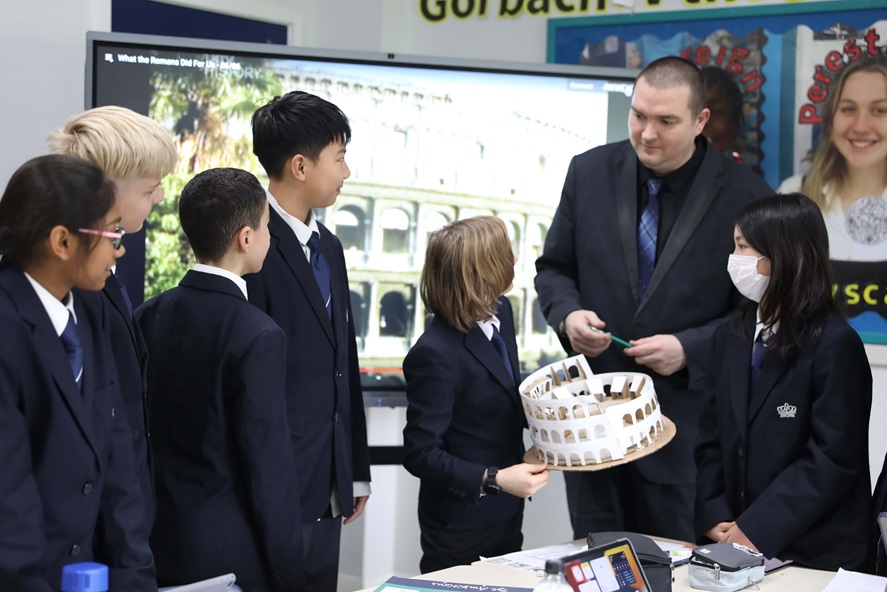
UNICEF recently launched its exciting Wisdom Project to commemorate its 75th anniversary. The project required young people to hold intergenerational conversations and to record these on our Global Campus platform. Nord Anglia students interviewed grandparents, neighbours, respected community members, older siblings, politicians, industry captains, soldiers, teachers, and of course parents about issues, places and times which covered issues way beyond the knowledge delivered in a conventional school curriculum. These conversations developed our sapience about what we can learn from talking to our elders. We reflected on gaps in our own knowledge and took the opportunity to be introspective and erudite. We demonstrated humility and were enlightened in sharing the wisdom gained through these intergenerational conversations. A huge thank you to the hundreds of you in our community who got involved and allowed yourself to be interviewed and who shared your wisdom with us.
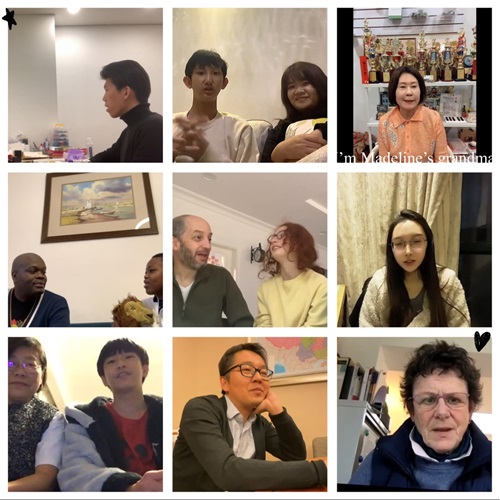
“The world is a book, and those who do not travel read only a page.” So said St Augustine. By talking to citizens from the incredible range of nationalities our school community offers our students read many such pages.
So what did we learn from the UNICEF Wisdom Project? Wisdom stems not from experience with practical engagement alone but from reflection on it. It taught us to nurture wisdom by regulating our emotions, considering others, seeking diversity, embracing uncertainty, and taking a long-term view of problems. And by teaching humility. As Socrates famously said “the only true wisdom is in knowing you know nothing.”
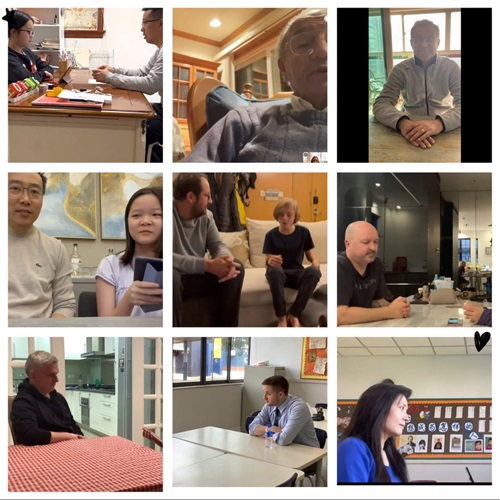
Nord Anglia students achieve incredible exam success year after year and go on to thrive at the world’s top universities. But our students are taught not just to be knowledge-rich but to be wise.
So, think back to the opening lines of this article and to the ‘wise one’ you pictured in your mind's eye. Our job as Nord Anglia parents and educators is to create more and more people like them ... in a world where wisdom is needed more than ever.
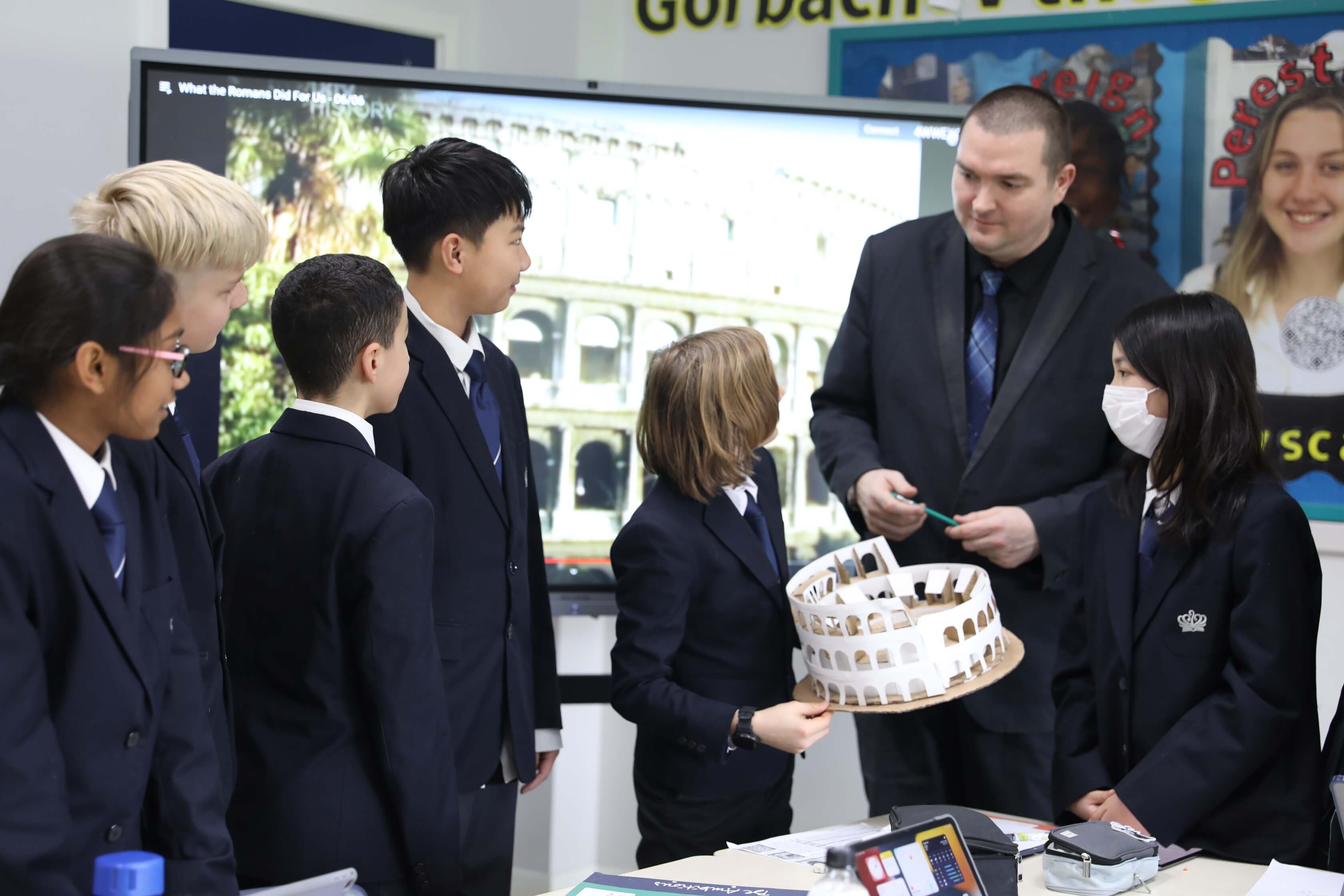
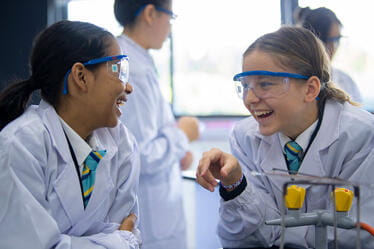




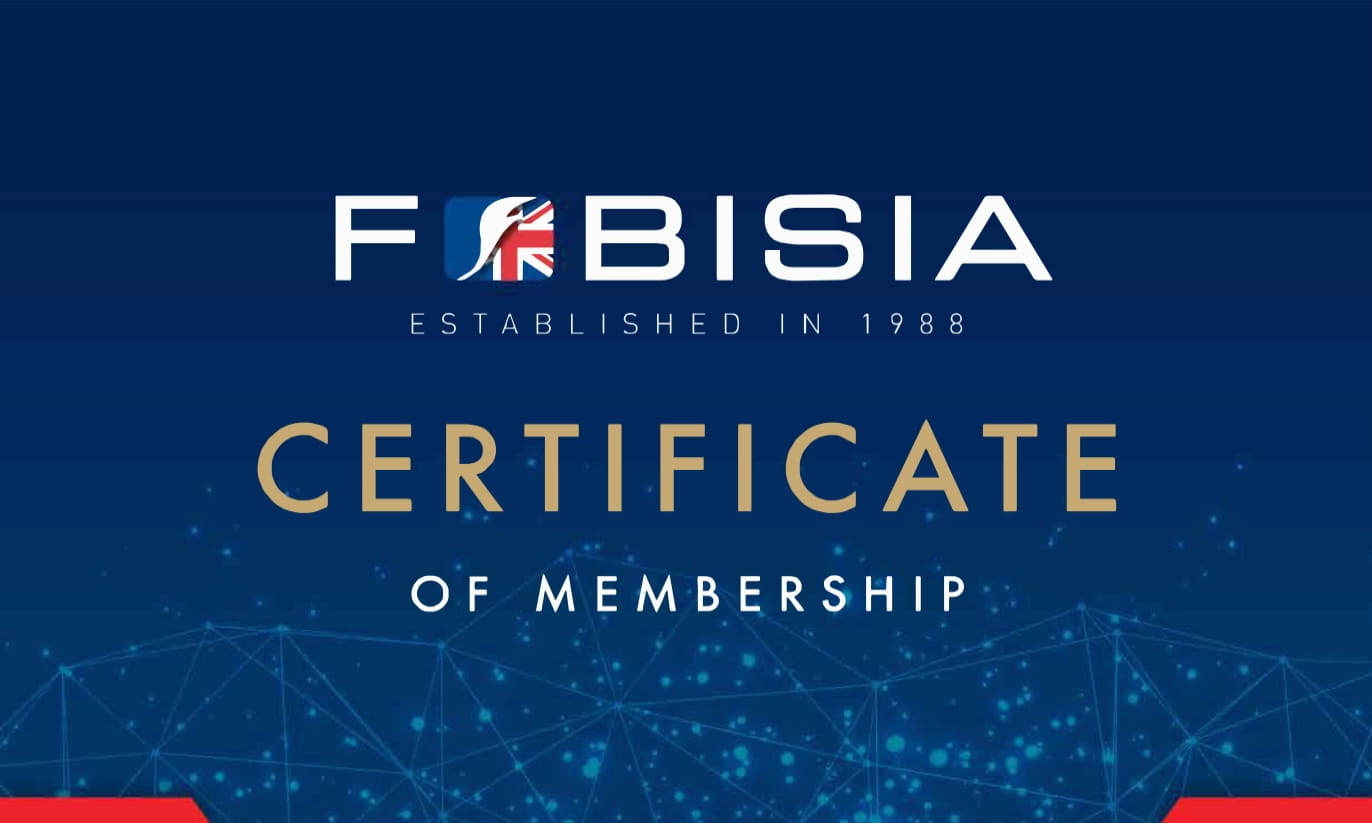
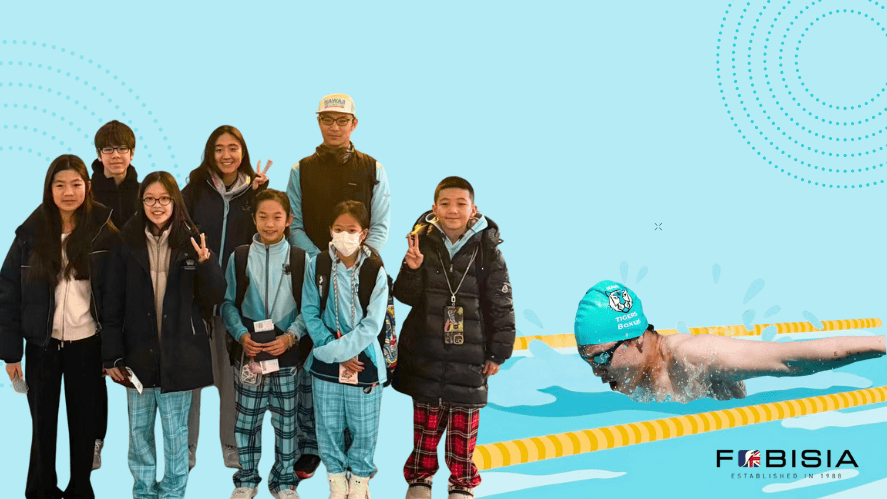
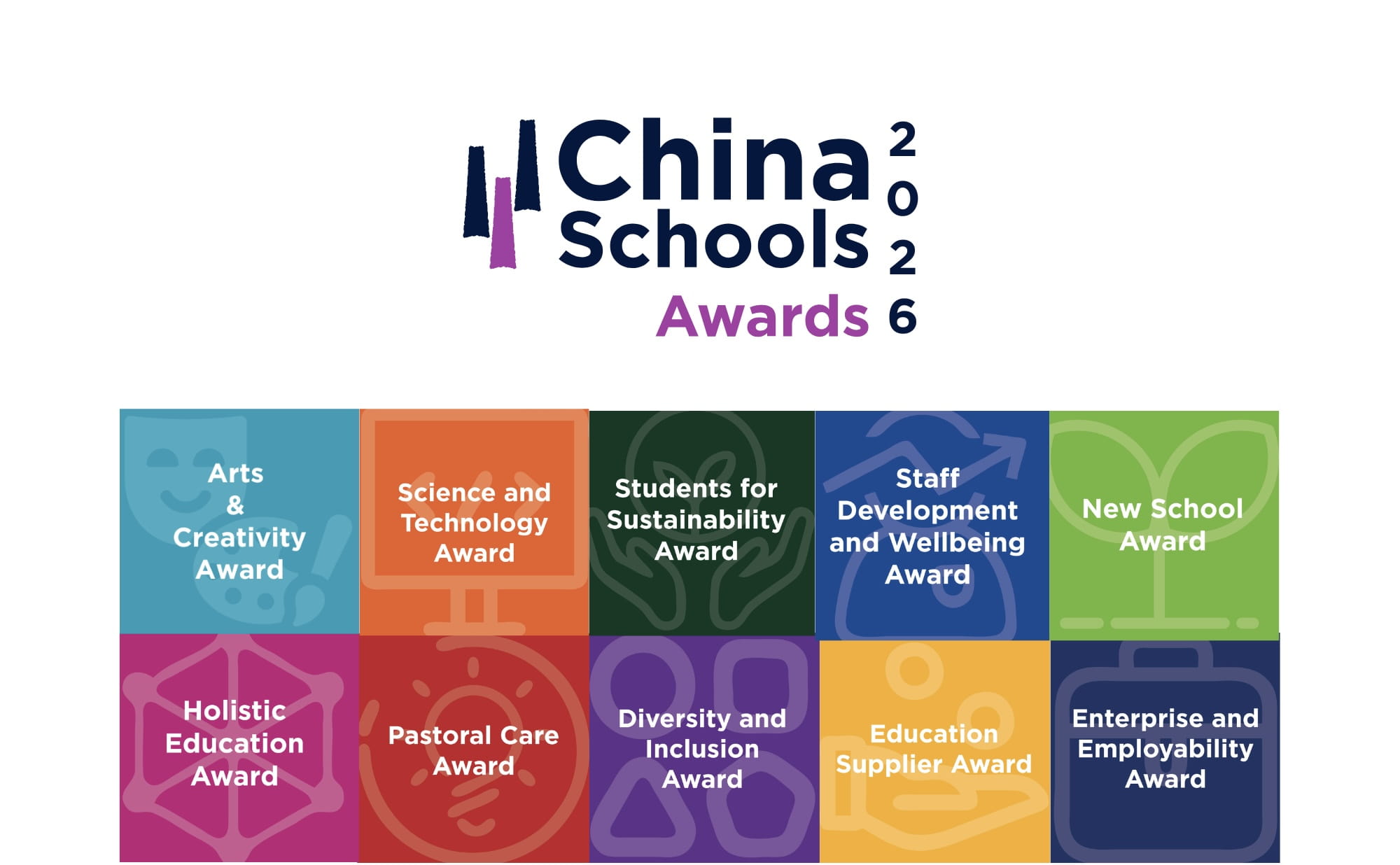
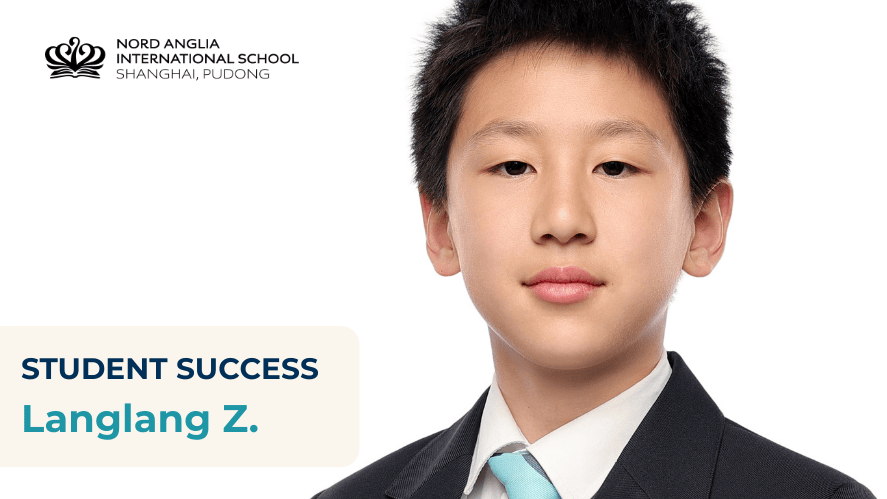
.jpg?rev=-1&hash=4B1ADA74AB0E829CB2ECEE6BEF89D006)